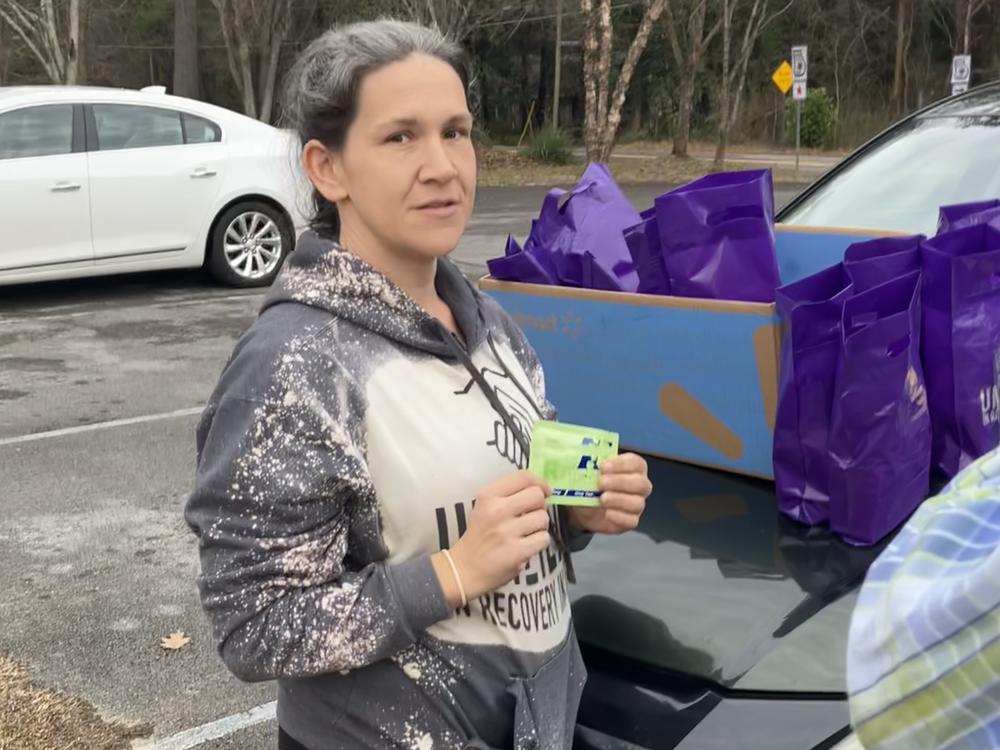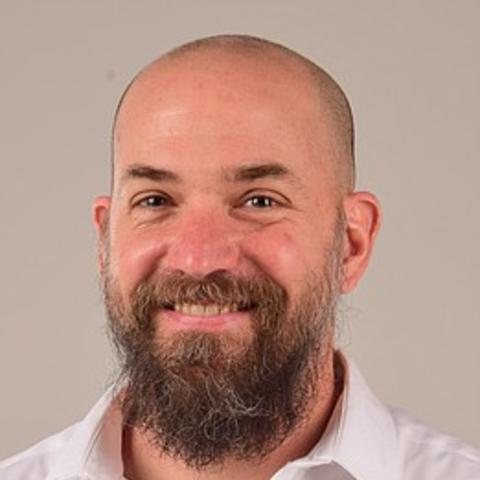
Caption
Jennifer Jenkins, the executive director of United in Recovery, holds a fentanyl test strip at LaFayette's Joe Stock Memorial Park in January. The nonprofit recovery organization offers free naloxone and fentanyl testing strips and is participating in a state program to bring help to communities impacted by opioid overdoses.
Credit: Staff Photo by Andrew Wilkins

